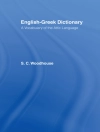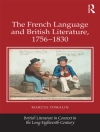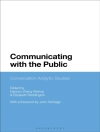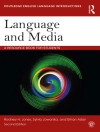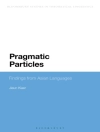This book advances the growing area of language policy and planning (LPP) by examining the epistemological and theoretical foundations that engendered and sustain the field, drawing on insights and approaches from anthropology, linguistics, economics, political science, and education to create an accessible and inter-disciplinary overview of LPP as a coherent discipline. Throughout the book, the authors address LPP from different perspectives, exploring the interface between planning in theory and its practical problems in implementation. This volume will be of interest to students and scholars with an interest in LPP in particular, and educational, social, and public policy more broadly.
Innehållsförteckning
Chapter 1. Epistemological and Theoretical Foundations in Language Policy and Planning: Introduction.- Chapter 2. Critical empirical approaches in language policy and planning.- Chapter 3. Language Policy as Public Policy.- Chapter 4. Corpus at the core: The epistemology of language planning.- Chapter 5. The relationship between Language Policy and Planning, Theoretical Linguistics and Natural Language Processing.- Chapter 6. Conclusions.
Om författaren
Michele Gazzola is Lecturer in Public Policy and Administration at the School of Applied Social and Policy Sciences at Ulster University, UK.
Federico Gobbo is Full Professor on the Special Chair of Interlinguistics and Esperanto by special appointment at the University of Amsterdam, the Netherlands.
David Cassels Johnson is Associate Professor of Multilingual Education at the University of Iowa, USA, and Visiting Professor in the Center for Language Planning and Policy Studies at Shanghai International Studies University, China.
Jorge Antonio Leoni de León is a Full Professor of Computational Linguistics at the School of Philology, Linguistics and Literature, University of Costa Rica in San José and director of the Institute of Linguistic Research (INIL).


